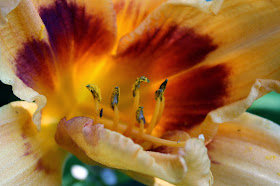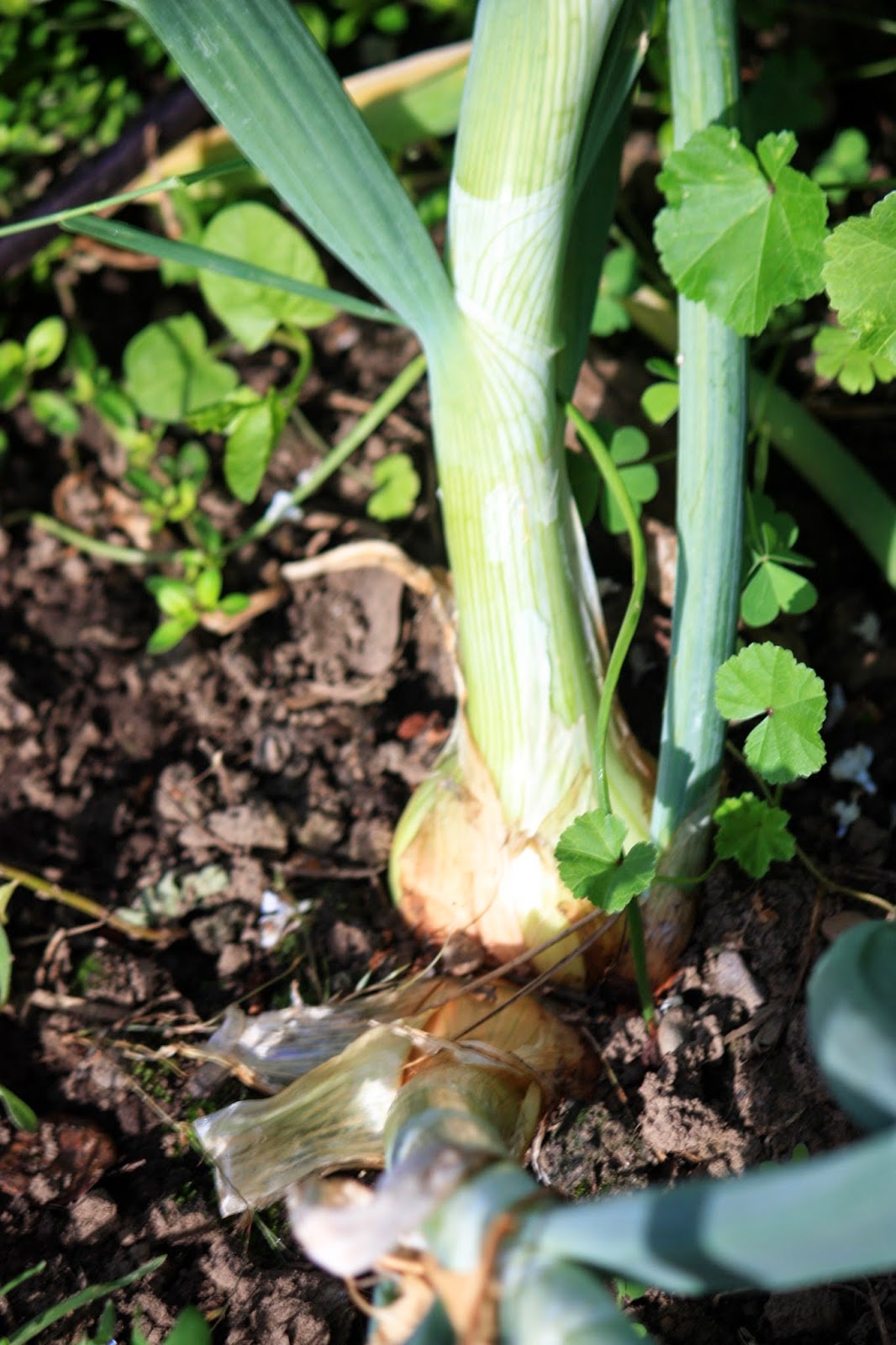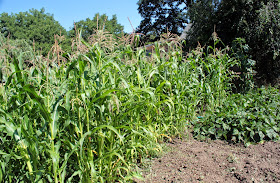Lammas was used in my book Sky Daughter, as the villain was a rather shallow, pop culture sort of guy. You know the kind who knows a bit about this or that and tries to use it without following the rest or caring at the deeper meanings.
A bit from that book might explain the potential significance of Lammas and how someone might misuse it. But it can also give a key into how we can use it in a deeper sort of way as part of our own spiral of life.
Nadine let out a breath. “I wonder...”Nadine in that book is a Wiccan, and Maggie, the heroine has unhappily learned, to her surprise, so was her deceased grandmother. She has a lot to which she must adjust-- and quickly. Hence understanding the meaning of this celebration, which possibly only a Jew would know other than a Pagan.
“Wonder what, Nadine?” Maggie asked.
“Lammas Day.”
“More witchy stuff, I’ll bet,” Jim snorted.
“It’s more than that. Do you know what it is, Reuben?”
He shook his head.
“What about Succoth?”
Reuben looked at her with surprise. “How did you know I was Jewish? Did Maggie tell you?” She didn’t answer. “Succoth is offering of the first fruits,” he said after he evidently decided she wouldn’t be answering.
“And the offering had to be...”
“Without blemish... What does this have to do with anything here?”
“It is also a Sabbat. In the Celtic it would be called Lugnasadh, a feast to commemorate the funeral games of the Irish sun-god Lugh.”
“You are as confusing as ever, Nadine,” Jim protested. “Celebrating a death. How does that fit with first fruits?”
“The god of light, Lugh, doesn’t really die.”
“Is any of this supposed to make sense, woman?” Angus asked, exasperation in his voice.
“Well, I don’t know,” she said, her own tone impatient. “But sometimes days mean something, and when we’re dealing with Darren, I just realized that this one might.”
“Why?”
“It could be considered a day of sacrifice. The God-King becomes a willing sacrifice for the planting of the next year’s crop.”
Maggie let out a breath. “A sacrifice?”
Nadine nodded. “It is hard to explain, but somewhat simplified, before the time of the Equinox, the Sun God is resurrected to become the Leader of the Wild Hunt and the Lord of the Dead in the shadows of the Underworld.”
Maggie felt a cold chill. That did sound like something that would play into Darren’s warped thinking. A perfect sacrifice? She looked at Reuben and shuddered. Had Reuben been marked not to identify him but as a sacrifice? She had to get to her grandmother’s book, for help with a day only her grandmother might have seen coming.
Now I am not a Pagan, Wiccan nor a Jew, but I do think it is good to keep in mind such dates and celebrations, sometimes finding our own rituals to suit them.
One more is left for 2014, Samhain, which is the end of October and can be considered the day of the dead. We know that the Solstice, the end of December, our shortest day, doesn't really feel like the beginning of winter. It comes far sooner when the nights grow longer.
Most of our celebrations come from one religion, or another; but many originally come from countries that are far different than where we live. The Celtic celebrations fit the climate in my part of the United States, and hence it does feel like fall is on its way even though it's August with still hot days ahead. Maybe because I lead an agricultural/nature oriented life, the Celtic seasons ring more true to me than someone in a city.
Imbolc February 2014
Beltane May 2014
Lammas August 2014












What a lovely post. Here in Texas, because of the Mexican heritage, on May 5th we celebrate Cinco de Mayo. It really turns out to be an eating and drinking opportunity!
ReplyDeleteGood post. Knowing those celebrations is a good way to see the earth through it's cycles each year and get our attention up and out of our everyday busy-ness.
ReplyDeletewe humans are really drawn to rituals, and the older I get the more I understand that impulse.
ReplyDeleteBeautiful fecund photos of your garden!